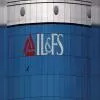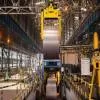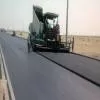
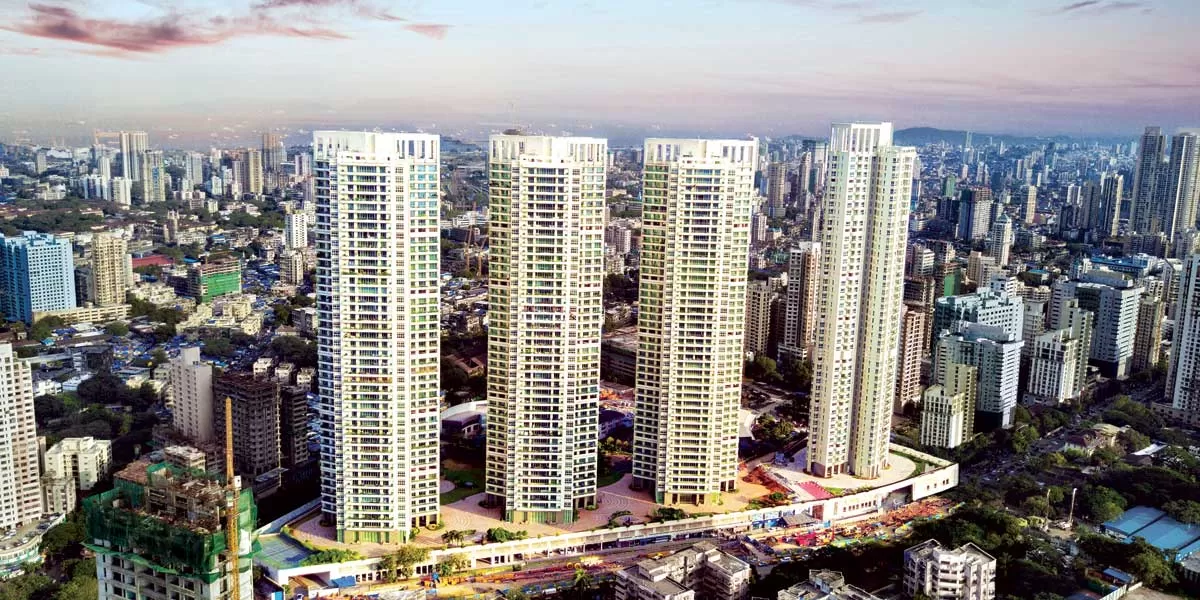
Residents Sceptical of Sahastradhara Road Widening
Residents in Dehradun have raised questions and expressed scepticism regarding the proposed widening project for Sahastradhara Road. The project, aimed at widening the road to accommodate increased traffic, has faced criticism and scrutiny from local residents concerned about its potential impact on the environment and surrounding areas.
The Sahastradhara Road widening project has sparked debate among residents, with some questioning the necessity and feasibility of the initiative. Critics argue that widening the road may lead to the loss of trees, green spaces, and heritage structures ..
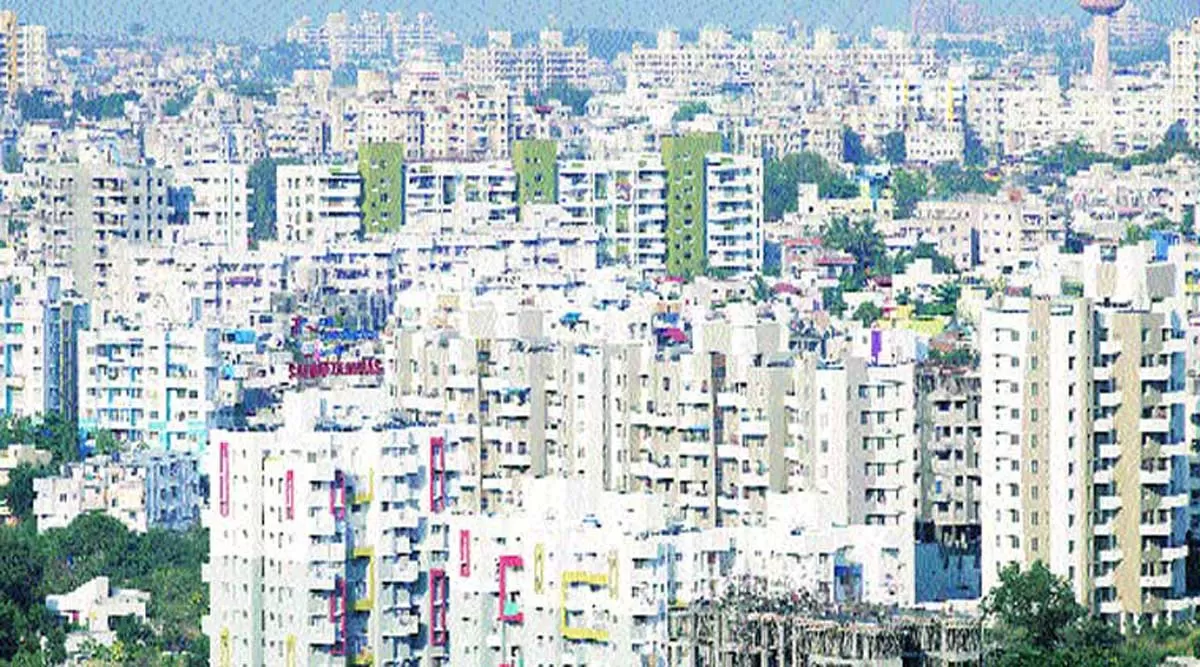
Warburg Pincus Acquires Shriram Housing Finance
Warburg Pincus, a leading global private equity firm, has announced its acquisition of Shriram Housing Finance for an impressive sum of Rs 4,630 crore. This strategic move underscores Warburg Pincus' commitment to expanding its presence in the Indian financial sector and capitalizing on the growing demand for housing finance solutions in the country.
Shriram Housing Finance, a subsidiary of Shriram City Union Finance, has established itself as a key player in the affordable housing finance segment, catering to the needs of millions of aspiring homeowners across India. The acquisition b..
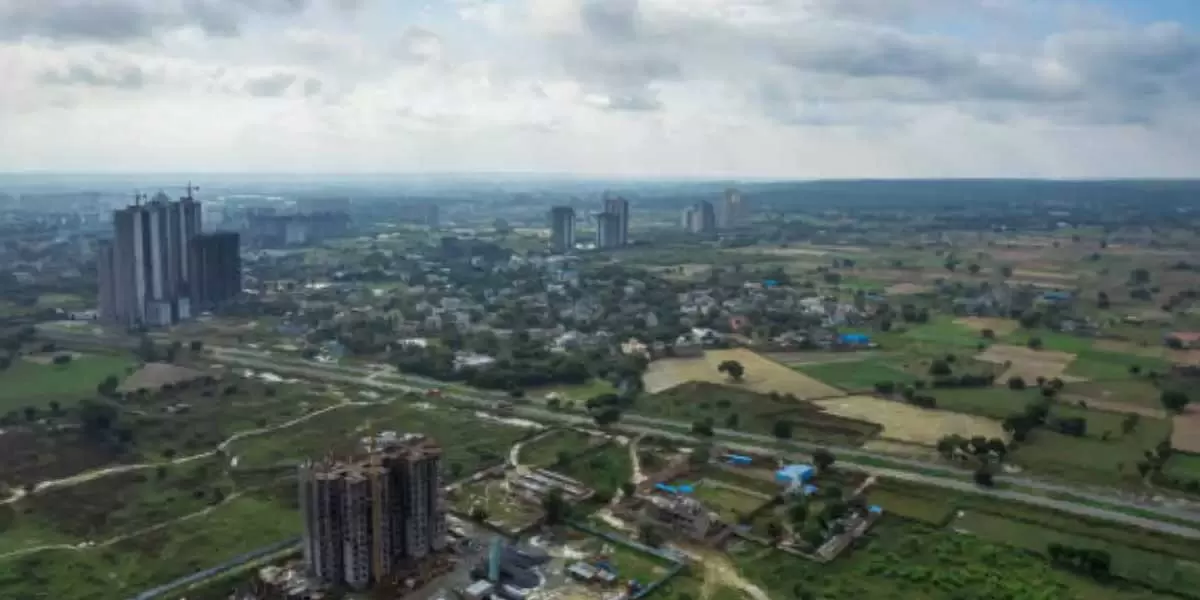
UP Cancels Noida Land Allotment to M3M
The Uttar Pradesh government has cancelled the allotment of two land parcels in Noida to the M3M Group, citing discrepancies in the allocation process. This decision marks a significant development in the real estate sector and reflects the government's commitment to transparency and accountability in land allotment procedures.
The cancellation of land allotment underscores the government's resolve to address irregularities and uphold fairness in the allocation of land parcels. It reflects a proactive approach towards ensuring adherence to regulatory norms and preventing misuse of publi..



